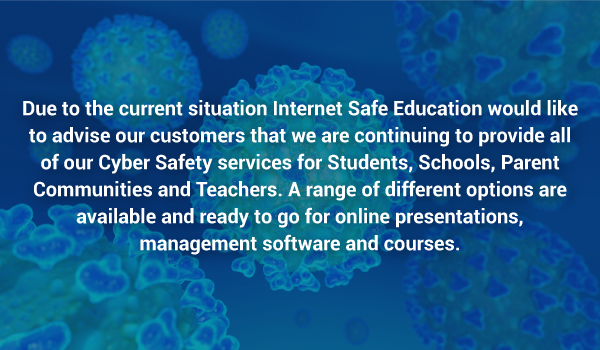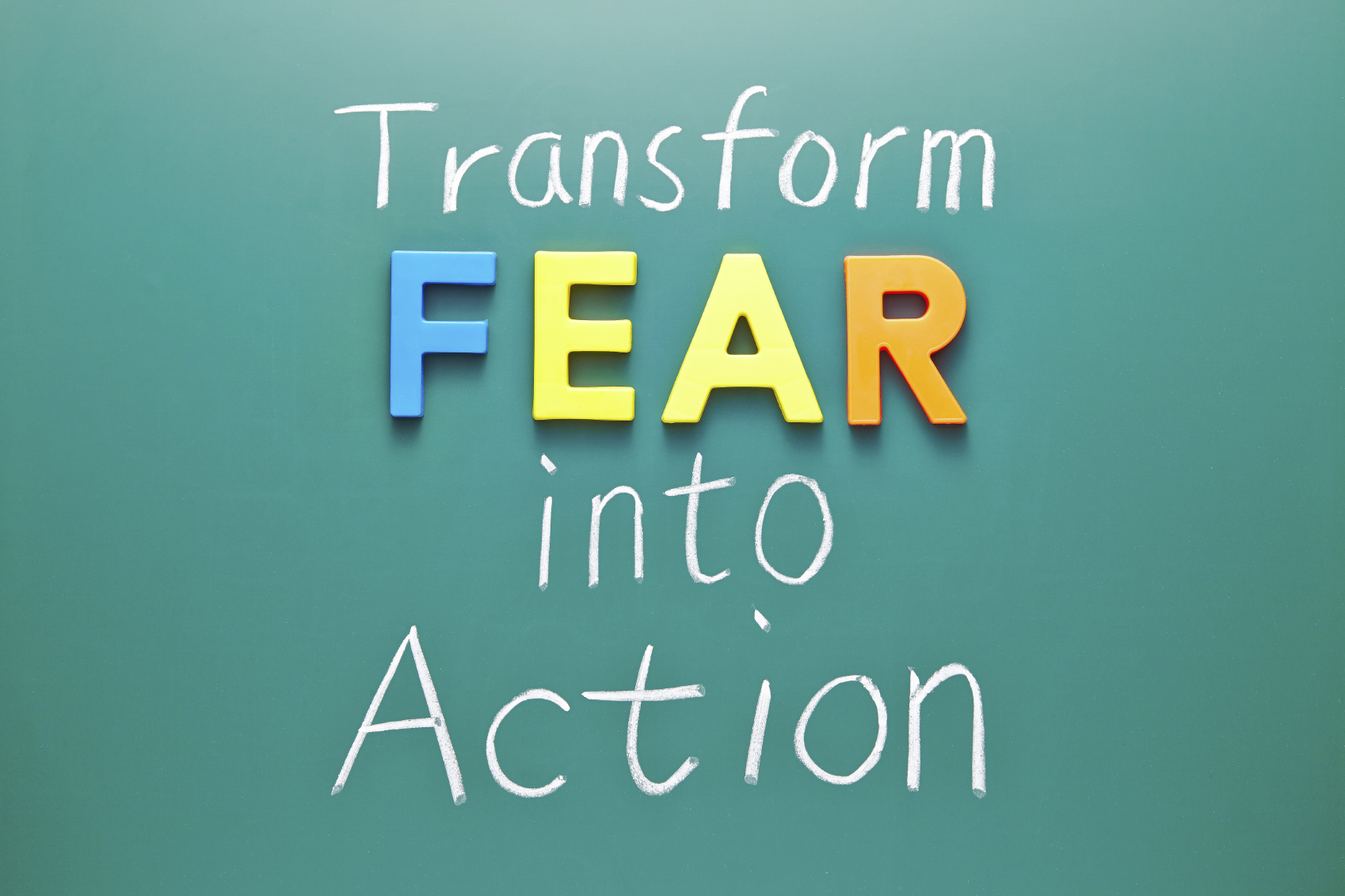
Trolls have been around for centuries as mythical characters in children’s books. Often depicted as ugly, unpleasant, and scary creatures who used their magic for evil rather than good. This strikes an accurate parallel with the modern use of the word. Online trolls have existed since the inception of the internet however, with the birth of social media and the endless channels to communicate with strangers, trolls and trolling seems ever present in our daily interactions with the world wide web. The term trolling actually comes from the fishing term ‘trolling for newbies’ which is where fisherman trail bait through the sand to attract a bite.
Troll defined
Meriam-Webster.com defines a troll as ‘a person who intentionally antagonizes others online by posting inflammatory, irrelevant, or offensive comments or other disruptive content’. Similarly, Wikapedia.com defines a troll as ‘a person who posts inflammatory, insincere, digressive, extraneous, or off-topic messages in an online community, such as social media platforms (Twitter, Facebook, Instagram etc), a newsgroup, forum, chat room, online video game or blog, with the intent of provoking readers into displaying emotional responses or manipulating others’ perception’. Trolls put simply are those seeking to cause harm for their own amusement. They can be exceptionally vicious, are relentless and trolling can bring about tragic results.
What is an online Trolls motivation? Why do they do it?
Much the same as any predator there isn’t a type. It would be much easier for everyone if they were recognisable, but the internet provides all sorts of people an anonymity like nowhere else. Most normal people live their lives seeking positive and meaningful connections with others. Trolls are the opposite they thrive in negative and provocative exchanges. The psychological viewpoint on online trolls, not always but often, is they have a greater understanding of what can hurt people, this is called cognitive empathy. However, they simply don’t care about hurting others. Quite often they find the ability to cause mayhem funny or even powerful. Being able to pre-empt and trigger responses from complete strangers give online trolls a sense of control.
Examples of trolling
Unfortunately, there are many online platforms where you can experience online trolling and trolls are non-discriminant they will target anyone, anywhere and start out appearing to be funny or educated. So how do you distinguish between a comment starting a healthy debate or an attempt at humour versus a troll. Here are a few signs that you may be targeted by a troll
- Their profile is vague at best with a random image
- They will have a username that doesn’t correlate with their name or the image
- Their comments are totally left of field and off topic
- Topics are controversial and commonly evoke polarised opinions on mass e.g., Politics, religion, race, sexual orientation
- Being patronising or dismissive
- Posting memes, images or gifs as a response to comments quite often the same one on each comment of a long thread
- They won’t acknowledge evidence when presented with facts to rebut their argument
How to deal with trolls
Trolls and their insidious behaviour have a serious impact online, resulting in severe mental health implications for adults but more concerningly children as young as primary school. The common advice globally is ‘DO NOT FEED THE TROLLS’ which seems pretty simple and is akin to ignore the school bully and he will go away. However, the instinctual human response is to stand up for yourself. Humans are hard wired to call out injustice so it can be very hard for some to subscribe to this advice. Each time that we feed into their need for a combative response the further it fuels their desire to continue their harassment similarly choosing to ignore them can have the same effect. For this reason, it is important to empower the victim to manage their own well-being despite the actions of the Troll and provide the right support. Children under 18 are particularly vulnerable to the intensity of trolling so there are a few simple things you can do:
- Seek support immediately no one should deal with Trolls alone
- Keep a record
- Report the troll to the platform
- Report to eSafety Commissioner or comparable online safety government entity
- Block/Mute the troll (be aware they may continue with another account but continue to block/mute)
- Don’t engage them or Do Not Feed the Troll
- Change your account to private
- Sometimes it may be necessary to shutdown your account temporarily


